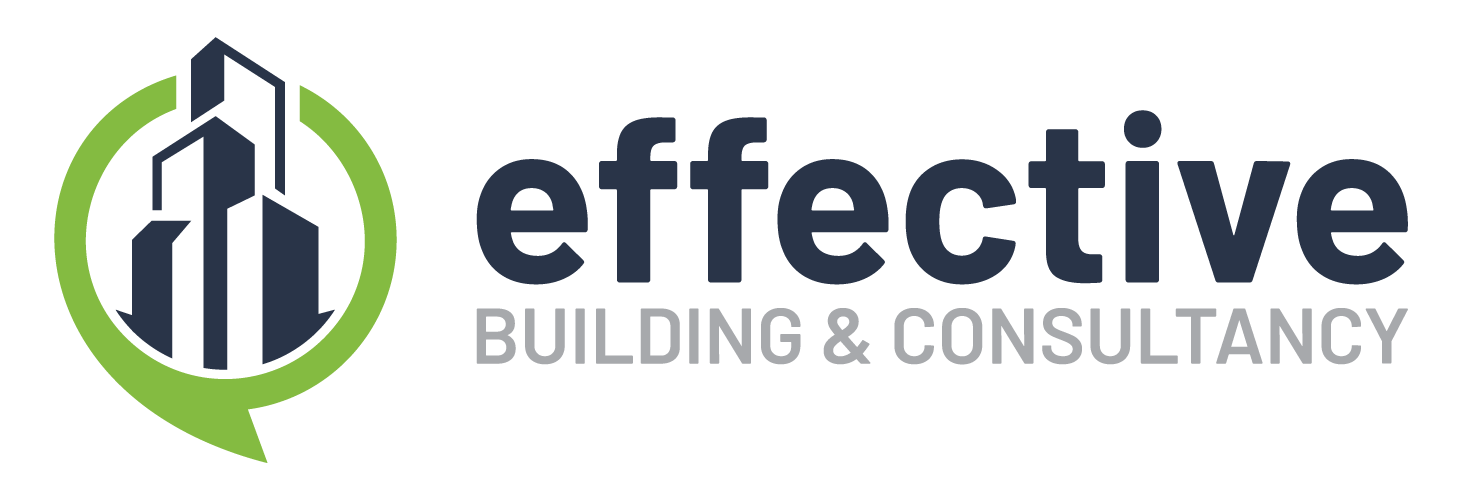
- July 21, 2023
- Effective Building
- 0
What is a Voluntary Planning Agreement (VPA)?
A Voluntary Planning Agreement, often referred to as a VPA, is a legally binding agreement between a developer and a planning authority, typically a local government or council. VPAs are used in the context of rezoning applications to ensure that the developer contributes certain benefits or amenities to the community in exchange for the opportunity to develop land in a specific way.Negotiating a Rezoning Application with a VPA:
When a developer seeks to rezone a particular piece of land for a specific purpose, they are required to negotiate with the local planning authority. This negotiation process often involves discussing the terms of a VPA. The purpose of the VPA is to secure public benefits that align with the goals and needs of the community, thereby creating a fair balance between development and community interests.The negotiations for a VPA can cover a wide range of aspects, including but not limited to:
1. Infrastructure: Developers may be required to contribute to the improvement or construction of infrastructure such as roads, public transportation, schools, or parks in the surrounding area. This ensures that the new development does not place an undue burden on existing community resources.
2. Affordable Housing: In some cases, a VPA may include provisions for the creation of affordable housing units within the development. This helps address the need for housing diversity and ensures that the community remains inclusive.
3. Community Facilities: Developers might be obligated to provide community facilities such as recreational centers, libraries, or healthcare facilities, which enhance the overall livability of the area.
4. Environmental Sustainability: VPAs may include commitments from developers to incorporate sustainable design principles, energy-efficient technologies, or environmental restoration projects within their developments.
Conclusion:
Voluntary Planning Agreements (VPAs) are valuable tools used in negotiating rezoning applications. They provide a framework for developers to contribute to the community in a meaningful way, ensuring that development aligns with the needs and aspirations of the local area. By engaging in the negotiation of a VPA, developers can demonstrate their commitment to responsible urban planning and foster the growth of vibrant and sustainable communities.
If you’re currently involved in a rezoning application or require expert guidance in the field of urban development and planning, look no further than Effective Building and Consultancy. Our team of experienced professionals can provide you with comprehensive advice and assistance throughout the negotiation process. Contact us today at 02 9613 3353 or email us at service@effectivebuilding.com.au. Trust Effective Building and Consultancy to be your partner in achieving your development goals while prioritizing community well-being.
A property inspection is an excellent step in purchasing a new property during a transaction. Most buyers don’t know what Read more
Rezoning is rezoning a parcel of property from one kind to another, such as industrial to residential. Land zones govern Read more
According to Murphy's Law, whatever may go wrong, will go wrong. Even with a well-thought-out building plan, anything can and Read more





